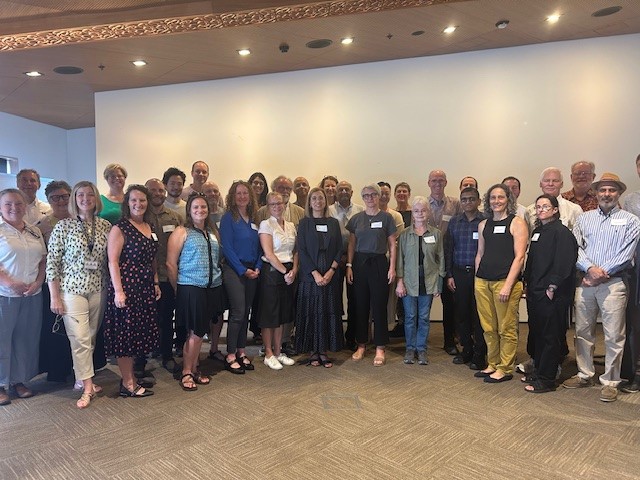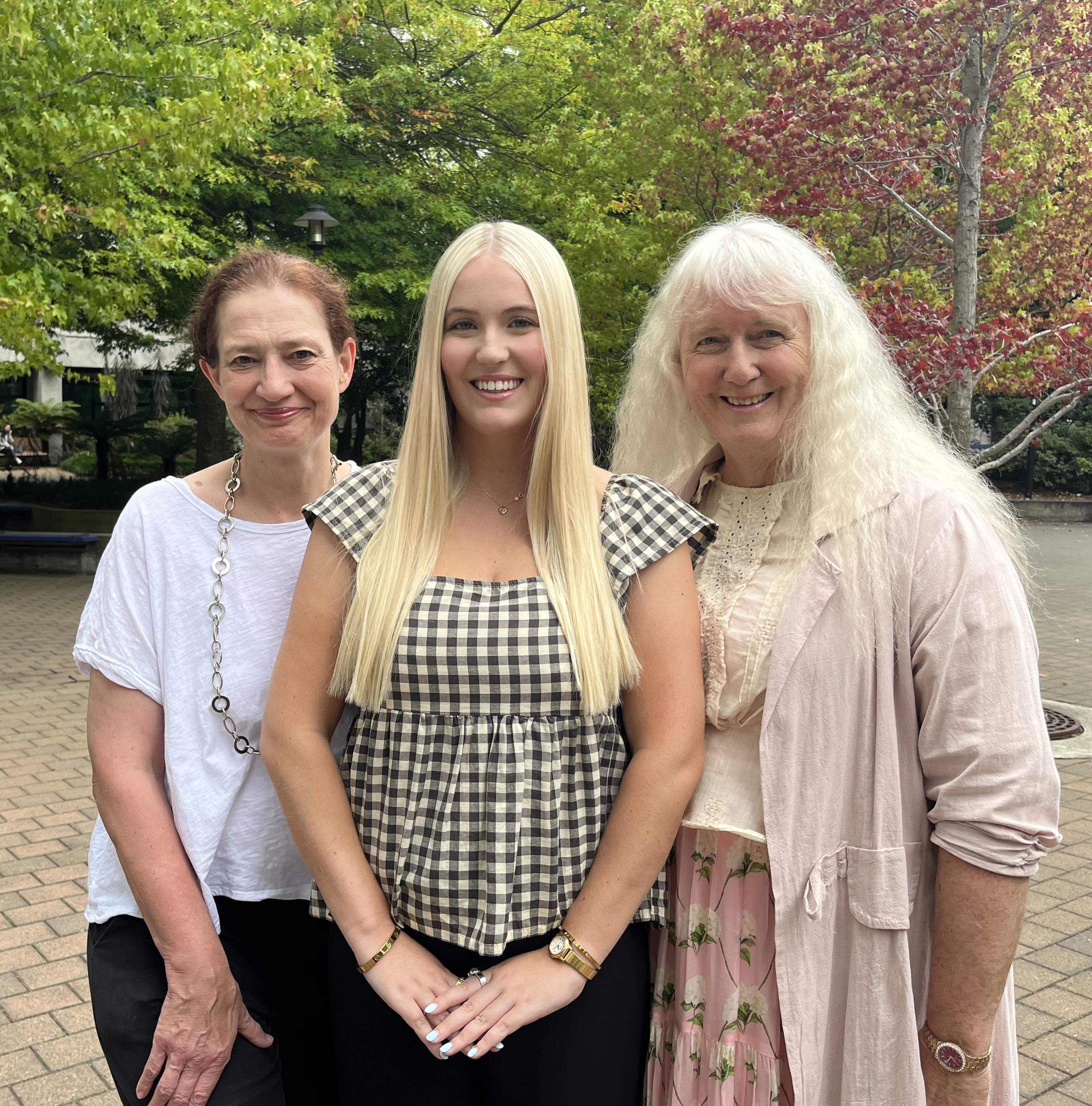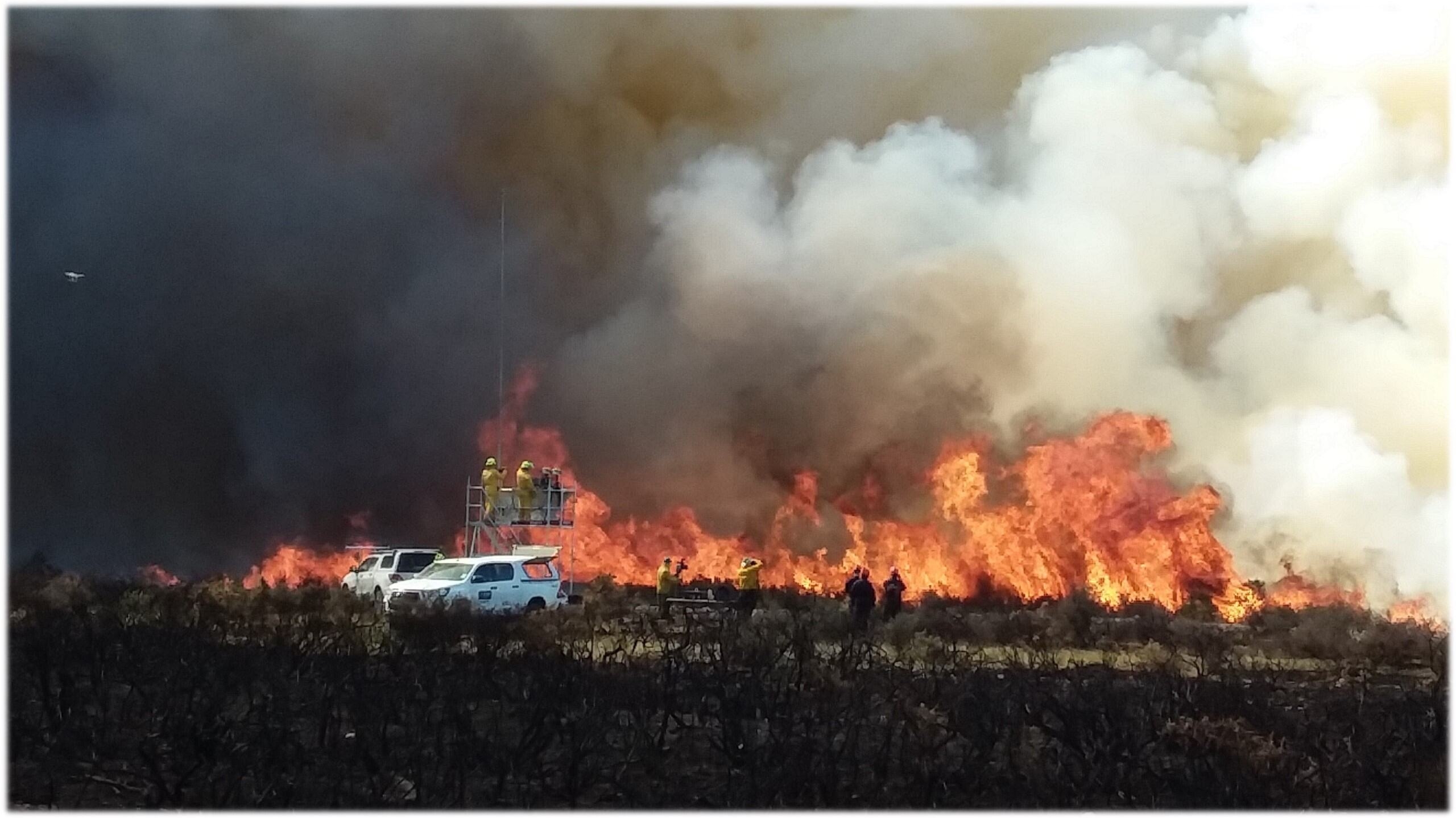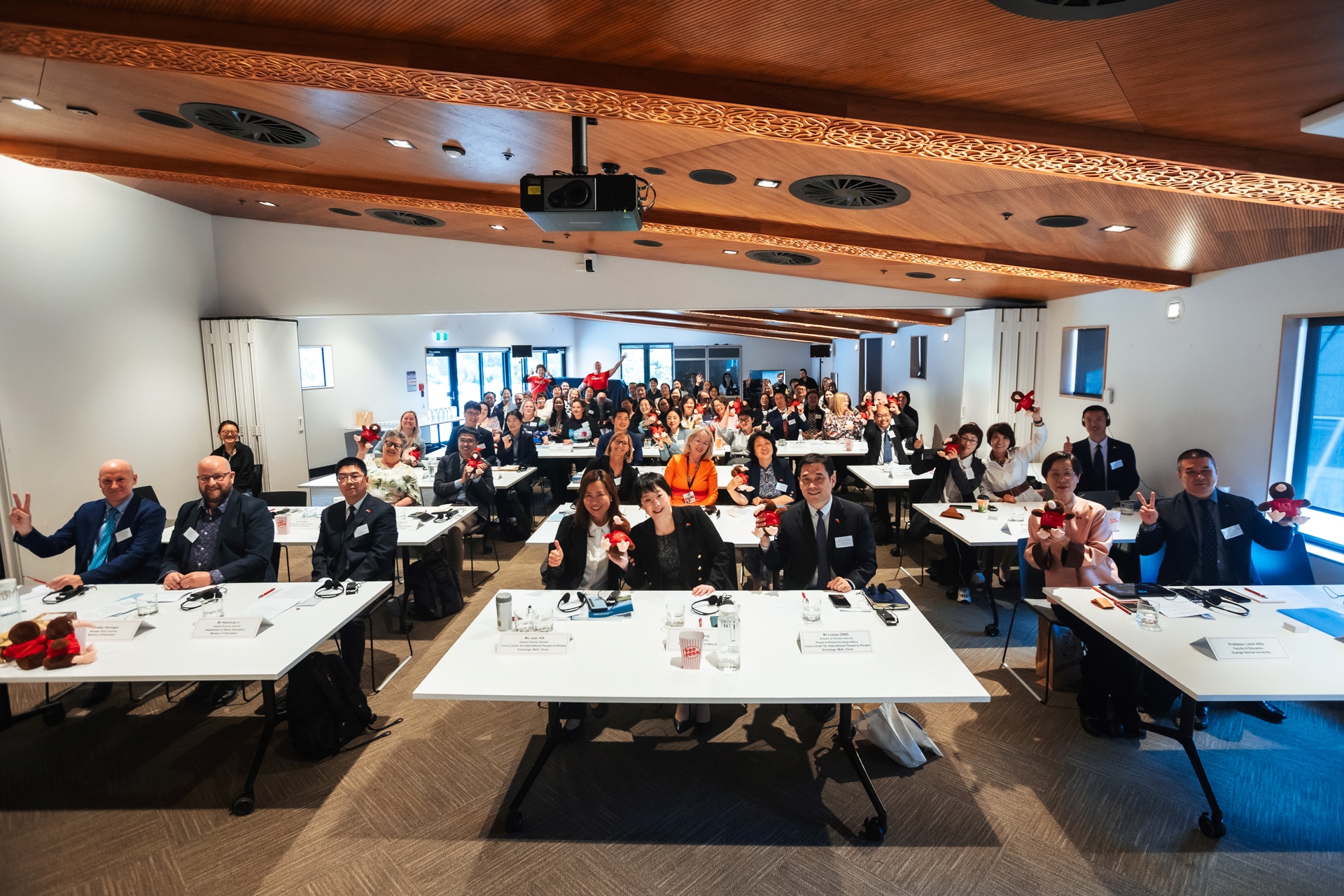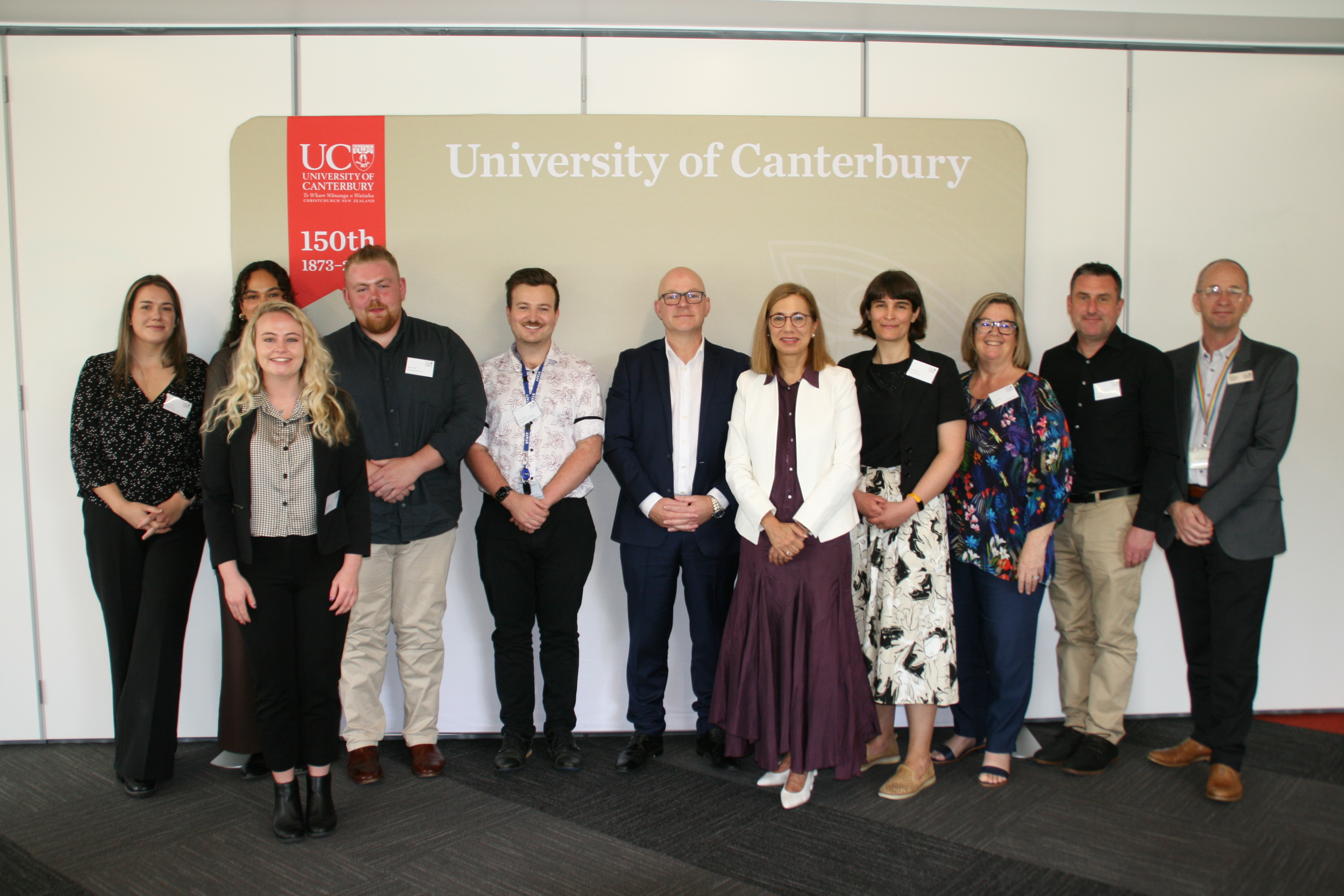He noted that community dispute resolution is not new to Ireland and was a central part of indigenous customary law that existed from 2,300 BC, through to the arrival of common law courts of English origin in the seventeenth century. Hence, the use of mediation as a restorative justice practice within communities in Northern Ireland is effectively returning whence we came.
Dr Feehily discussed how the main limitation of the Good Friday Agreement, the peace deal agreed between the political parties in Northern Ireland and the British and Irish Governments, was a failure to provide an effective mechanism to deal with the past, and that the trauma from the period of the conflict remains unresolved for many of those affected.
Despite the inconsistent nature of political governance in Northern Ireland, Dr Feehily discussed how community led restorative justice initiatives have had significant success within the communities, and to some extent in easing tensions between the communities and between each community and the state. He also discussed the threats that may impede the success achieved to date by such initiatives, including the impending threat that a no-deal Brexit could result in the return of a hard, militarised border on the island of Ireland, which would render inoperative key aspects of the Good Friday Agreement, inhibit the progressive work of restorative justice initiatives and ultimately reignite sectarian tensions in the region.
The recording of the Symposium will be made available on YouTube, see www.HNLR.org for further details.





